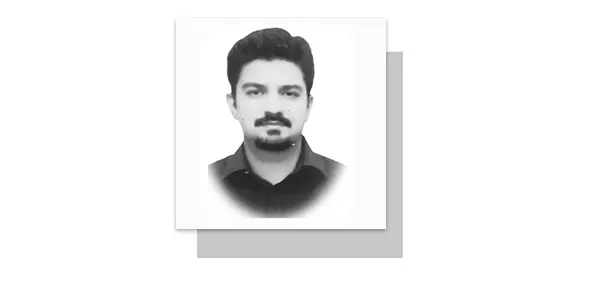STREET begging has become an all-too-familiar sight in the bustling cities and towns of Pakistan. Amidst the crowded streets and bustling markets, we often encounter beggars seeking alms and charity. While the act of begging itself is distressing, what is even more troubling is the exploitation of vulnerable individuals, including those who are diseased, disabled, or have birth defects. This exploitative practice has turned street begging into a deeply concerning issue that reveals the failures within our healthcare system.
In the shadows of our society, a disturbing phenomenon is taking place. The “rat children” of Daule Shah have gained notoriety, where microcephalic individuals are accompanied by normal-bodied individuals who exploit their condition to evoke sympathy and collect money. This heart-wrenching display of exploitation is just one example among many. Individuals with structural deformities, genetic defects, and severe burn victims are also forced into begging by organized groups, further deepening the cycle of poverty and marginalization.
What makes this issue even more distressing is the inhuman treatment that these individuals face on the streets. Already burdened with their health conditions, they are exposed to harsh living conditions, violence, sexual assault, and life-threatening diseases. Many of them are also subjected to societal stigma and discrimination, further exacerbating their hardships. It is a tragic reality that such vulnerable individuals are left to fend for themselves in a society that should be protecting and caring for them.
The existence of this thriving begging industry is not just a result of poverty; it is a testament to the failure of our healthcare system. Primary prevention measures to address genetic defects, birth defects, and disabilities are sorely lacking. The limited resources, corruption, and consumerism within our healthcare system further compound the problem. Rehabilitation and support for individuals with disabilities are often neglected, pushing them further into the margins of society.
This issue goes beyond the exploitation of vulnerable individuals for street begging. The beggar mafia, responsible for orchestrating this exploitation, is deeply connected to other criminal activities. Human trafficking, bonded slavery, illicit substance trade, prostitution, and illegal organ trade are just a few of the illicit activities associated with this network. These criminals profit from the vulnerability of the individuals they exploit, turning their misfortunes into profitable ventures.
Addressing this deeply-rooted issue requires a comprehensive approach. Firstly, our healthcare system must be strengthened to prioritize primary prevention and early intervention for genetic defects, birth defects, and disabilities. This includes improving access to prenatal care, genetic counseling, and specialized healthcare services. Secondly, there must be strict enforcement of laws against human trafficking, bonded labor, and other criminal activities associated with the beggar mafia. Additionally, social welfare programs should be established to provide support and rehabilitation for individuals with disabilities, ensuring their inclusion in society.
It is time for the government, civil society organizations, and citizens to come together and address this issue with urgency and compassion. We must create a society that values the dignity and well-being of every individual, leaving no room for exploitation, marginalization, and criminal activities associated with street begging. By working together, we can build a future where vulnerable individuals are protected, cared for, and given the opportunity to live a life of dignity and hope.
—The writer is Associate Professor of Public Health, Al-Shifa School of Public Health, based in Rawalpindi.
Email: [email protected]










